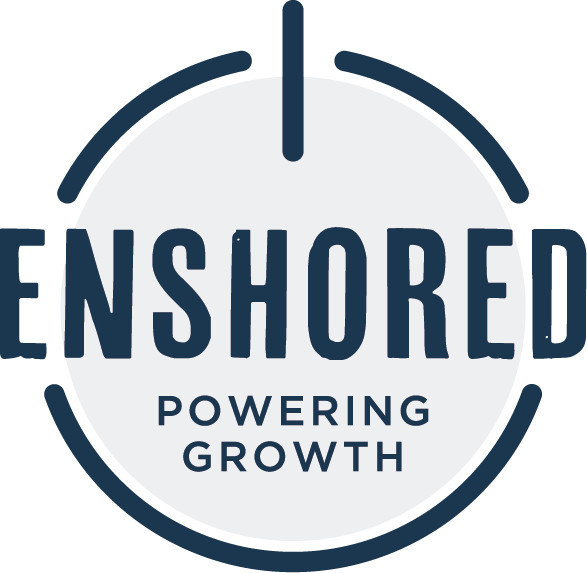Taking too long? Close loading screen.


Less than five years into her entrepreneurial journey, Ella Gardner is already making waves. Winner of the CEO Award at the London Business Awards in 2019, she epitomises the zeitgeist of mission driven entrepreneurship that is changing today’s business environment.
Her business, which she co-founded with Paul Kirby in 2017, recruits potential founders and takes them through a nine-month programme, which, if all goes to plan, sees them find a co-founder and form a company that’s tasked with making large-scale social impact.
The idea is to create a company that meets Zinc’s three key criteria. This is to address an unmet need in the developed world, have a target market of over 100 million people and also have lots of unexploited opportunities to disrupt.
Improving mental health, tackling loneliness and loss of independence for older people, and supporting communities hardest hit by automation are just some of the missions where they seek to develop businesses.
It’s all hugely ambitious and Zinc is very much at the vanguard of the venture builder movement, which is changing the way new companies and products are created. But the question that begs asking is why did it decide to set itself apart from other company builders through its social mission?
“The catalyst or trigger point for me was becoming a mother,” Gardner explains. “The time when I wasn’t with my children didn’t feel like it was adding up to anything substantial enough – and that was the turning point.
With more than 30 companies having been established through their programme and more than 2,000 applications to join it, she’s certainly making the desired impact. These companies have managed to attract seven times the investment that Zinc provided and are already delivering solutions in women’s mental health, education, access to employment and tackling dementia among other things. Add to which there is a community of over 11,000 people who come to their events, are in touch with their companies and sign up to their newsletter, and it’s no exaggeration for Gardner to label this as “a movement”.
But if it’s a movement, it’s one that’s firmly rooted in what Gardner sees as start-up power and harnessing the innovation of entrepreneurs for greater societal good.
For why some might argue that her social mission would be better rooted in the work of an NGO or social, Gardner says her experience is that these vehicles are not designed to scale.
“The way that they are set up, their structure, their governance, their reason for being in a way is not allowing for them to grow fast , to innovate or embrace risk,” she says. “Whereas I think the commercial world is much better suited to do risk-taking innovation. I firmly believe in the power of the commercial market to solve these issues.”
She also stresses that there are big commercial opportunities in all of these areas.
“Even if you have a lot of money and one of your loved ones is suffering from mental health, say, you don’t have good enough solutions or services to cater for this at the moment.”
Yet while she’s keen to talk up the power of entrepreneurialism to solve pressing social problems, she’s keen to stress that her movement is not anti-NGO or social enterprise. “It’s about bringing the best of these worlds together,” she explains.
It’s a complex tightrope to walk, but in many ways Zinc is entrepreneurship boiled down to its essence; meeting unmet needs, helping communities and trying to shape a positive future.
When asked what advice she would pass on to other entrepreneurs at the beginning of their journey, her eyes light up.
“First of all come to Zinc!” she says, “and find out if there is something here for you. The other thing I would say is start experimenting. It could be joining a start-up and working a few days a month, it could be doing your own thing and starting it as a passion project. But waiting for the opportunity to come to you is not going to work.”
Other advice she offers is to find a good network and supporters, and don’t be afraid to shoot for the stars.
“Think really big, but act really small,” she says. “Think as big as you can then start really small. What’s the next thing I can do? Can I put together a website? Even one page to start grabbing people’s attention.”
But if experimentation and ambition are key ingredients, then her parting advice is essential.
“Never forget to speak to the people you want to be solving a problem for,” she says. “Get their insights, their thoughts as soon as you can. So many people start businesses with good intentions and don’t do this. Then they build things that people don’t want.
Anticipating growth?
Access the tools, tech & team you need to scale globally.

Serious about scaling?
One call is all it takes to know if we’re a fit.
© 2024 Enshored · Privacy · GDPR · California · Cookies · Marketing by Klicker